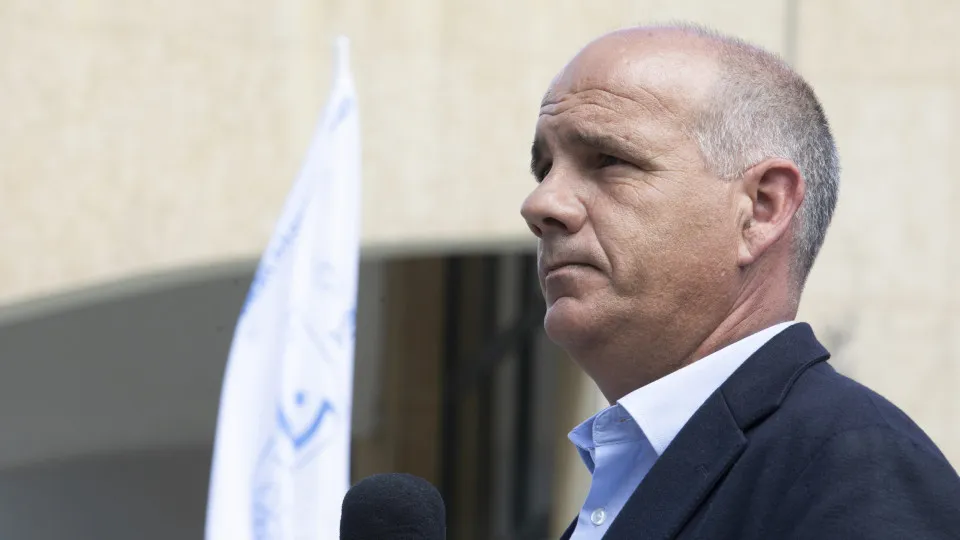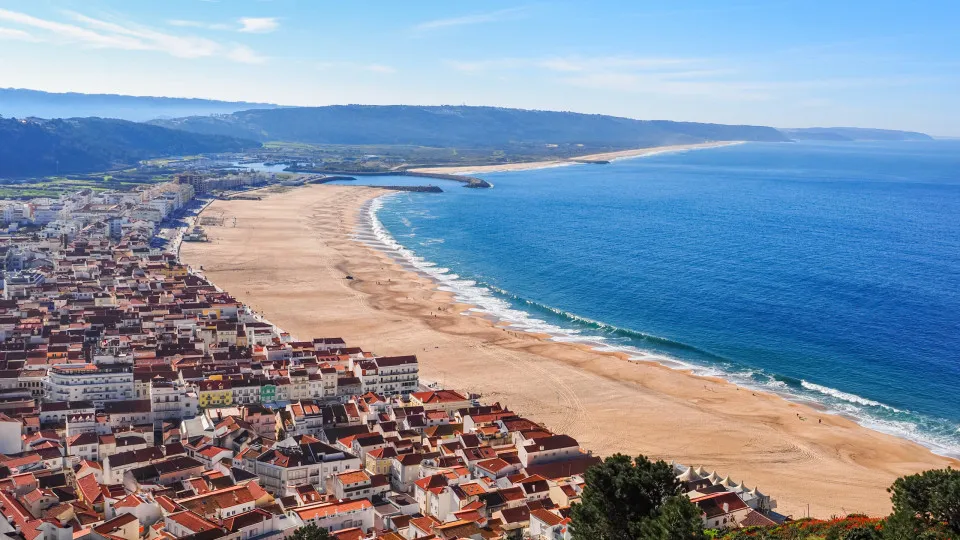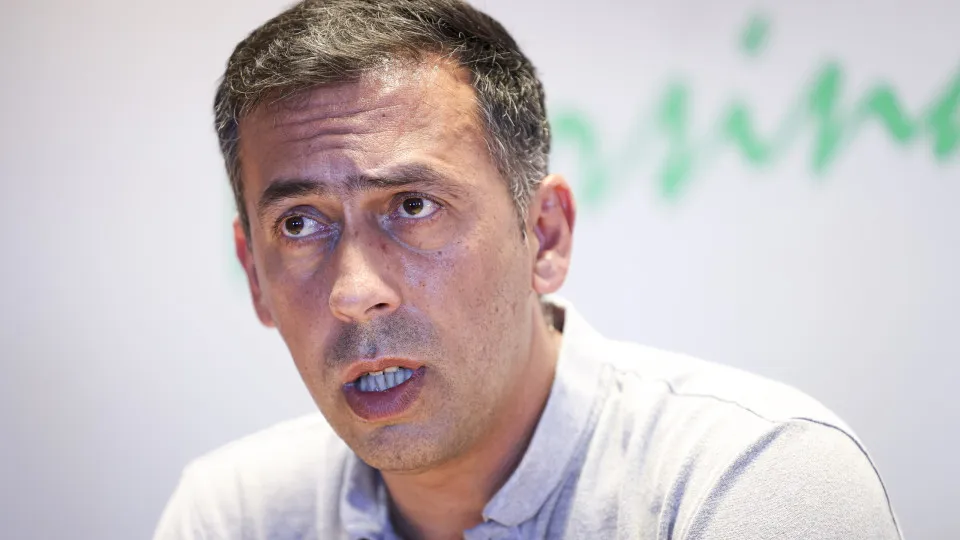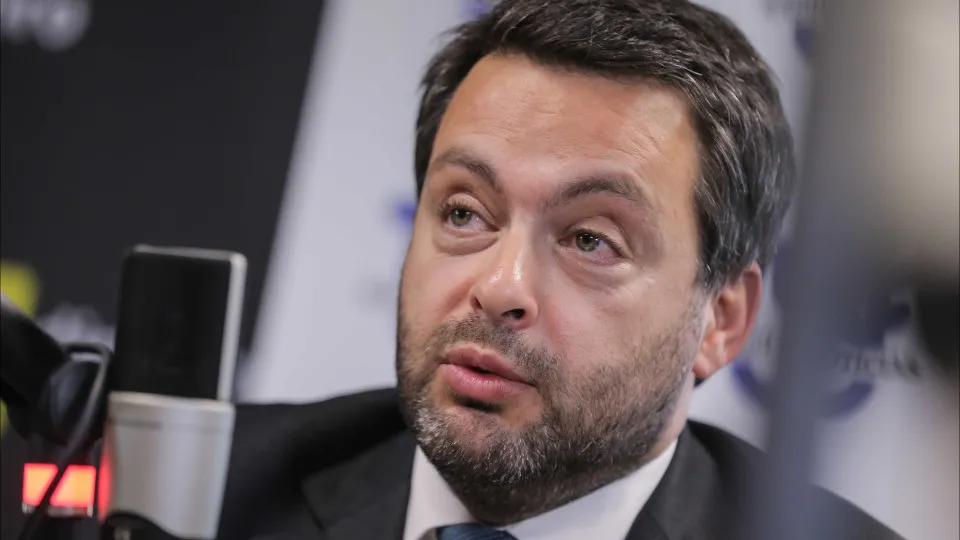
Frederico Rosa responded to the government’s decision, announced by Health Minister Ana Paula Martins, to establish a regional obstetrics emergency service in the Setúbal Peninsula. Hospital Garcia de Orta in Almada will operate continuously, and the Hospital de Setúbal will handle cases referred by SNS 24 and INEM.
Speaking at the Parliamentary Health Committee, the minister also stated that a tender will be opened in 2026 for the creation of a Maternal and Child Center in the Setúbal Peninsula, “which will be within the perimeter of the Hospital Garcia de Orta.”
The mayor noted that from the information available to local officials, “because there has been zero communication from the Government,” obstetric services will remain at Hospital Nossa Senhora do Rosário in Barreiro, but not the emergency services for this specialty.
“We all understand this is a wish, and from our side, there will be fierce opposition,” he said.
Regarding the creation of a specialized center in the Setúbal Peninsula, Frederico Rosa said it is “obviously welcome,” but added that it “cannot coincide with the closure of services,” especially in areas experiencing growth and set to benefit from projects that will boost the population, such as the third bridge over the Tagus, the new airport, and the Barreiro-Seixal connection.
“We are talking about territories, Barreiro, Moita, Montijo, and Alcochete, which will be directly impacted by the major infrastructures that the same government is announcing, and then they will remove capacity and services from the hospital?” he questioned.
The mayor of Barreiro argues that “there must be an integrated strategy.”
“We cannot plan a national strategy without considering the increase in health services and schools because this is an integrated strategy,” the mayor said, adding that the municipality is making efforts to create two new health centers and rehabilitate two others.
The municipalities, he explained, are making a tremendous effort on issues within their sphere to reach more people, but they find a closed door that does not communicate with the local officials.
“I again appeal to the minister to reconsider and not be afraid to talk to us. Solutions can be found together, and the path to resolving what we all want can be found together,” he emphasized.
Frederico Rosa added that he is still waiting for the Minister of Health to appoint the representative of the municipalities of Barreiro, Moita, Alcochete, and Montijo to the Board of Directors of the Unidade Local de Saúde do Arco Ribeirinho, criticizing the lack of response from the government so far.
The Hospital Nossa Senhora do Rosário is part of ULSAR, which directly influences the municipalities of Barreiro, Moita, Montijo, and Alcochete, all in the Setúbal district.
According to Pordata statistics, these four municipalities currently have a population of 232,604.
ULSAR also includes the Hospital Distrital do Montijo and the health centers of Alcochete, Barreiro, Quinta da Lomba, Moita, Montijo, and Baixa da Banheira.
The population of the Setúbal Peninsula region, according to 2023 data from the INE, is 834,599 inhabitants.
This region encompasses nine municipalities (Almada, Seixal, Barreiro, Moita, Montijo, Alcochete, Setúbal, Sesimbra, and Palmela) and is one of the most populous in the country.




